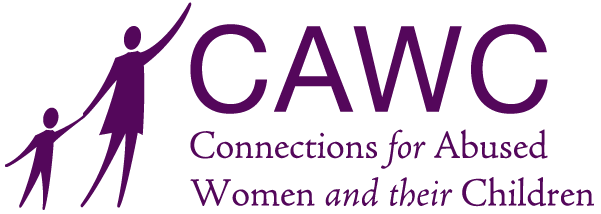In recent years — more than any other era since the civil rights movement — Americans have witnessed the power of human rights protests and of social justice movements in driving social and political conversations. But can human rights activists bring about real and lasting change? The answer is a resounding yes, and it’s a reminder that protesting can be just as important as voting. Here are some of the things recent marches, rallies, and other forms of public protest have accomplished with regard to human rights laws and policies.
1. Increase the Visibility of Human Rights Violations
As so many Americans discovered during the Black Lives Matter (BLM) movement, for example, without strong visibility, society can be astonishingly unaware of the severity and prevalence of human rights violations. Through bystanders’ use of phone cameras, there is evidence of widespread police brutality against Black individuals and related injustices. But it’s through public demonstrations that these violations have gained (and continued to hold) national media attention, causing broad outrage and a demand for change.
By increasing visibility, the BLM movement has led to police reform, the removal of racist public monuments and relics, education reform efforts, positive changes in entertainment and pop culture policies, and more.
2. Motivate People to Vote for Human Rights Protections
Once they have increased the visibility of a human rights issue, protesters can motivate American voters to take a stand with regard to key pieces of legislation and elected officials. For example, the student activists of the March For Our Lives movement organized a nationwide bus tour to register voters, thereby empowering and motivating them to cast ballots in favor of more effective gun control legislation. Some states, such as Oregon, have since passed stronger gun control laws.
3. Result in Important Legislative and Policy Changes
Sometimes major protests and subsequent legislative changes occur on both sides of a human rights issue. Over the course of nearly half a century, anti-abortion marches have taken place in Washington, DC to protest the 1973 Roe v. Wade decision granting Americans the constitutional right to abortions. In 2022, Roe v. Wade was overturned, galvanizing pro-choice demonstrations instead.
Many states saw highly organized and well-attended demonstrations denouncing this repeal of women’s protections and their right to choose. As a direct result, although the Supreme Court overturned the federal guarantee of this right, many states have swiftly passed or bolstered their own laws protecting it.
A more surprising effect of overturning Roe v. Wade is that, as Americans have since seen, support for this decision does not fall cleanly along party lines, with Democrats opposing it and all Republicans fighting for it. Instead, effective and passionate demonstrations have shown legislators that people on both sides of the aisle support women’s rights.
This has prompted a reckoning for many Republican legislators, who, as the result of these protests, have been forced to recognize support for the right to choose within their own voter base. Many Republican candidates are now at least backing away from total abortion bans, if not endorsing pro-life policies. They are also demonstrating support for allowing states to draft their own legislation rather than banning women’s right to choose at the federal level.
If you’d like to help create real change for women’s human rights, consider supporting a nonprofit organization that works to end domestic violence and other human rights abuses against women.
Stand Up for Women’s Human Rights With CAWC
At Connections for Abused Women and Their Children (CAWC), we believe that everyone has a right to a life free of violence. Our mission to end domestic violence is rooted in education, service, and advocacy. In addition to working toward broader social change, we provide empowerment-based and trauma-informed support in the form of shelter, counseling, and advocacy to individuals affected by domestic violence and their children. If you or someone you know is struggling with domestic violence, don’t hesitate to call our 24-hour hotline at (773) 278-4566.
Learn more about domestic violence and how you can stop it by signing up for our Kitchen Table Conversations webinars. Alternatively, you can support our work by making a donation.
